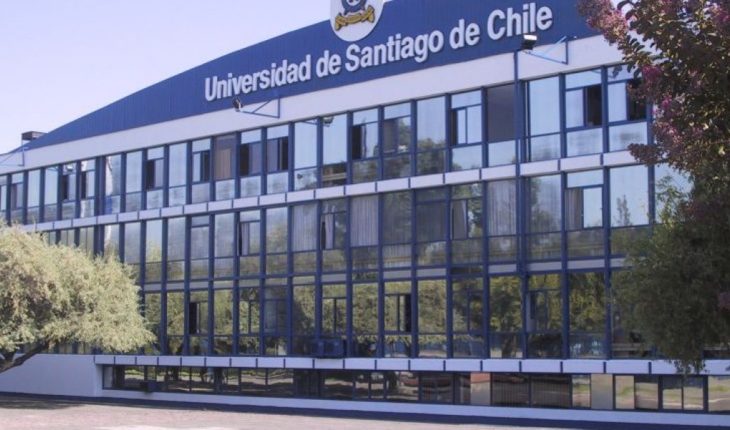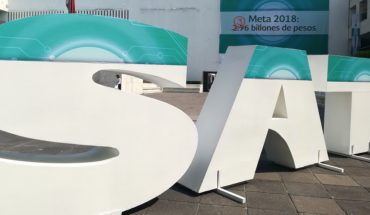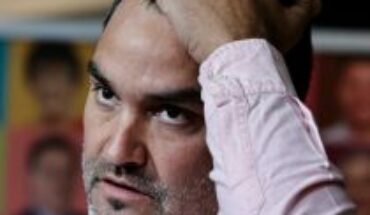In the nullity of the election of Rector Zolezzi at the University of Santiago de Chile (USACH), it is advisable to R in view the main foundations of the recent ruling of the first Electoral Tribunal of the metropolitan region.
In its recital N. 15 textually It is stated: “The performance of the University of Santiago of Chile, in particular of its board of directors and of the Electoral board, when it excluded of the electoral register to an approximate number of 1800 professors per hour, preventing them the Right to bear in the election of rector….. violated the provisions of article 21 of Law 21,094 (in force since June 2018), and constitutes an irregularity that tares the ACT election, since it directly influenced the composition of the electoral body and in their results…. ”
The Rector’s argument to exclude teachers per hour was founded in the interpretation of standards prior to the aforementioned Law 21,094, which effectively allowed the exclusion of some academics and originated in the DFL 149 of 1981, when They were severed the liberties in college.
Recital eighth of the ruling is in charge of this argument by stating that “These parameters (previous standards) have become ineffective since the dictation of law 21,094,” which verbatim prescribes that “State universities should ensure that in the Election they have the right to vote all the academics, with appointment or hiring in force and that they carry out academic activities on a regular and continuous basis in the respective institutions “, that is, one does not distinguish between professors to day or by hour.
Faced with this mandate of the new law, to include without exception to “all the scholars”, the defense of the Rector tried to raise the Peregrina thesis that the professors per hour would not be academic, classifying them absurdly as “staff hired by hour”, not However, the same provisions in which it has been supported to exclude them, (articles 28 and 29 of the DFL 149 of 1981), define the academics as “those who carry out teaching, research, development, artistic creation and/or extension activities, integrated to the Programs of their respective faculties “, that is to say, exactly activities which, without distinction, are carried out by the professors, both day and hour.
The Rector’s exclusionary thesis would marginalize most of the most eminent scholars who have had and have our study houses, which enhance their theoretical and abstract knowledge with the practical application of them. Physicians of excellence in hospitals and clinics, scientists who advise large companies or government entities, prestigious litigating lawyers in the exercise of their profession, engineers, economists, technicians and other professionals in the sector Private and public that, together with their particular tasks, generously devote part of their time to the training of students as teachers per hour. Each one of us has the memory of these great teachers, whom we cannot accept, now try to deprive them of their dignity as professors.
For this reason, it is evident the ninth recital of the ruling on the right to participate in the election of the rector when, referring to the many times mentioned law 21,094, warns that: “This legal imperative imposes on the universities of the State the duty to ensure All academics-exercising this right and the obligation to secure and protect it, so that it is true, free and without risks. ”
Recital Tenth of the ruling, which analyses the absolution of positions of the Rector, observes contradictions in his thesis of exclusion, by expressing: “As recognized by the Rector of the University of Santiago de Chile, answering the question N. 1, to tell how it is Effective and you know that teachers per hour perform teaching functions, said: Staff hired for hours,-courtesy are called teachers, teaching,…….. it is difficult not to call teachers when they are related to students. The Rector continues by pointing out “that it is effective that teachers per hour teach classes in the vast majority of subjects, offer seminars, guide theses and title or degree memoirs and are also in charge of practices and coordinate some courses.” On the other hand, it recognizes that, before the National Accreditation Commission, they are included as academics. And, as the defence of teachers per hour expressed, for the purposes of budgetary allocations-5% of the direct tax contribution-they are also included as academics.
These contradictions lead the adjudicators to express, in recital 13 of the judgement, that “it is not permissible for this staff to be used with the character of scholars only for the benefit of the university, but not in the recognition of the rights that the law today confers them. ”
In short, the unanimous and categorical ruling that accomodates the claim of the professors per hour and declares null the election of the Rector, ends up indicating “that the claimed (the authorities of the university) are condemned to the payment of the costs, for having been totally defeated”.
What explanation, beyond the legal, can given to this exclusionary attitude of the superior authorities of the USACH, the board of directors and the Rector, in circumstances that the whole world moves towards inclusiveness? It is not easy to interpret, but obviously the USACH has not managed to recover from the blow of authoritarianism that made it lose in recent decades much of its academic cast, its lending, its leadership as a critical conscience of the nation, Keeping lethargic under the tutelage of norms that the authorities have not wanted, they have not been able or have not been capable of shaking, and of which, on the other hand, many times, have usufructuado to remain in positions of power, apart from the majority feeling of the University community.
It is unfortunate that in the face of such a categorical ruling, these authorities have not decided to abide by it, opting instead for appeal, insisting on keeping 1800 teachers per hour in the exclusion.
It is very likely that the higher instance will confirm the judgment and that the election be repeated with the participation of all academics, without exclusions. It will be an extraordinary precedent and the opportunity to rebuild, within the framework of a new statute, a real university community, human, participatory, democratic, dialogue, with a deep social sense and, above all, without the fear of its scholars, Students and staff, to freely express their genuine convictions.
The content poured in this opinion column is the sole responsibility of its author, and does not necessarily reflect the editorial line or position of the counter.





